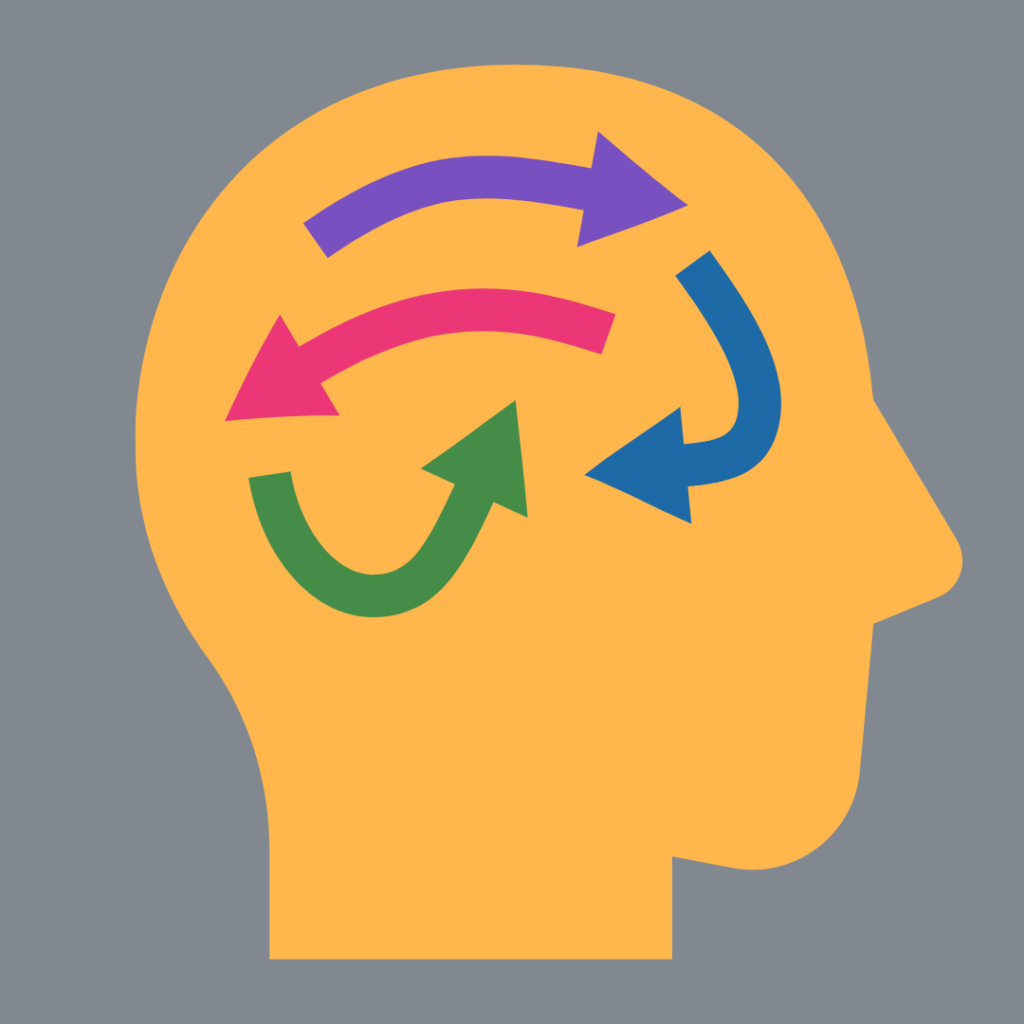ADHD, or Attention-Deficit/Hyperactivity Disorder, is a neurodevelopmental disorder that can affect both children and adults. Persistent inattention, impulsivity, and hyperactivity patterns that characterize it can impact daily life. Individuals with ADHD often struggle with maintaining focus, following through on tasks, organizing activities, and controlling impulses.
ADHD can lead to challenges in academic, occupational, and social settings. While ADHD is a neurological condition, its exact causes are not fully understood and possibly result from genetic, environmental, and brain-related factors. Proper diagnosis and management of ADHD typically involve a comprehensive assessment by medical professionals, behavioral interventions, counseling, and in some cases, medication to help individuals effectively navigate the cognitive and behavioral challenges associated with the disorder.

There are notable differences in how these conditions manifest.
While both adult ADHD and adolescent ADHD share similar characteristics, there are notable differences in how these conditions manifest and impact individuals at different stages of life.
- Symptom Presentation: The symptoms of ADHD, including inattention, impulsivity, and hyperactivity, can change in prominence and presentation as individuals transition from adolescence to adulthood. Hyperactivity may become less outwardly apparent in adults compared to adolescents, but inner restlessness may persist. The struggles with organization, time management, and attention can become more pronounced in adults, impacting work, relationships, and day-to-day responsibilities.
- Impacts on Daily Life: The challenges posed by ADHD may evolve with age. Adolescents may primarily face difficulties in school, with academic performance and social interactions being significant areas of concern. In adulthood, the impact of ADHD can extend to various spheres, including careers, financial management, household tasks, and maintaining healthy relationships. Adults with ADHD might also deal with emotional and self-esteem issues resulting from years of coping with the condition’s challenges.
- Coping Mechanisms: Adolescents with ADHD often have more structure and external support, such as parents and educators, to help manage their symptoms. As individuals transition to adulthood, they are expected to develop strategies for managing ADHD-related difficulties, such as organizing their schedules, adhering to deadlines, and maintaining focus at work. This transition can be particularly challenging, requiring adults to develop various coping skills to address their unique responsibilities and environments.
- Diagnosis and Awareness: Noticeable impact on school performance and social interactions makes ADHD more commonly diagnosed in childhood and adolescence. However, some individuals may go undiagnosed until adulthood, especially if their symptoms were milder or overlooked earlier. In recent years, awareness of adult ADHD has grown, leading to improved recognition and understanding of how it affects individuals beyond their teenage years.
- Treatment Approaches: Treatment strategies for adult ADHD often encompass a combination of behavioral interventions, counseling, and potentially medication, like those used for adolescents. However, the focus in adulthood may shift towards addressing specific challenges related to work, relationships, and time management, while also addressing any emotional and psychological impact that may have accumulated over the years.
Adult ADHD can be a complex and challenging journey

Dealing with the struggles of adult ADHD can be a complex and challenging journey that requires patience, understanding, and a multifaceted approach. One of the critical aspects of managing adult ADHD is developing effective strategies to cope with its symptoms which may involve creating structured routines, utilizing organizational tools, and breaking tasks into manageable steps. Engaging in regular exercise, maintaining a balanced diet, and prioritizing adequate sleep can also significantly impact symptom management. Additionally, seeking professional guidance from therapists or counselors specializing in ADHD can provide valuable insights and tailored techniques to navigate daily challenges.
Emotional well-being plays a crucial role in addressing the struggles of adult ADHD. Many individuals with ADHD grapple with feelings of frustration, low self-esteem, and anxiety due to difficulties with focus, impulsivity, and time management. Developing mindfulness practices, such as meditation and deep breathing exercises, can help cultivate emotional resilience and reduce stress. Joining support groups or connecting with others who share similar experiences can create a sense of community and validation, fostering a positive outlook on managing ADHD-related obstacles.
Effective communication and self-advocacy are vital components of addressing the struggles of adult ADHD, especially in work and personal relationships. Discussing one’s challenges and strengths with employers, coworkers, friends, and family can promote understanding and facilitate necessary accommodations. Learning to set realistic goals, establish clear boundaries, and communicate one’s needs assertively can enhance productivity and minimize misunderstandings. By embracing a holistic approach that combines practical strategies, emotional well-being, and effective communication, individuals navigating the struggles of adult ADHD can empower themselves to lead fulfilling and balanced lives.

The Insights Corner is a place to host blogs, video content, and more from the doctors and scientists here at ABVC. We’re developing a suite of medical devices and natural medicines derived from plants to address unmet medical needs.
